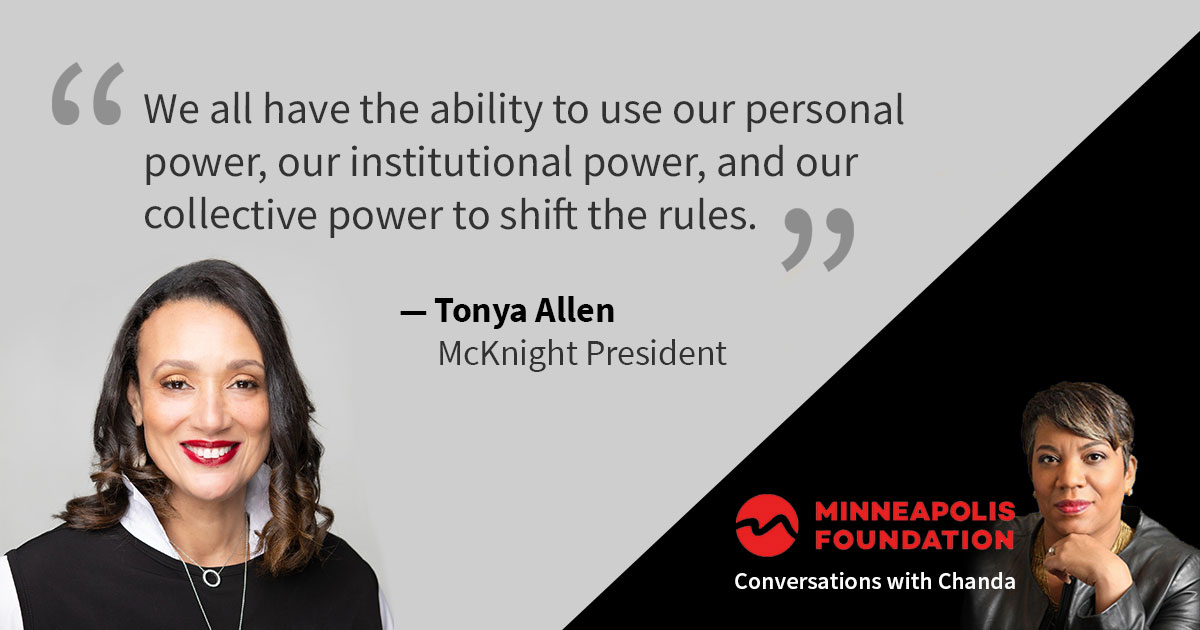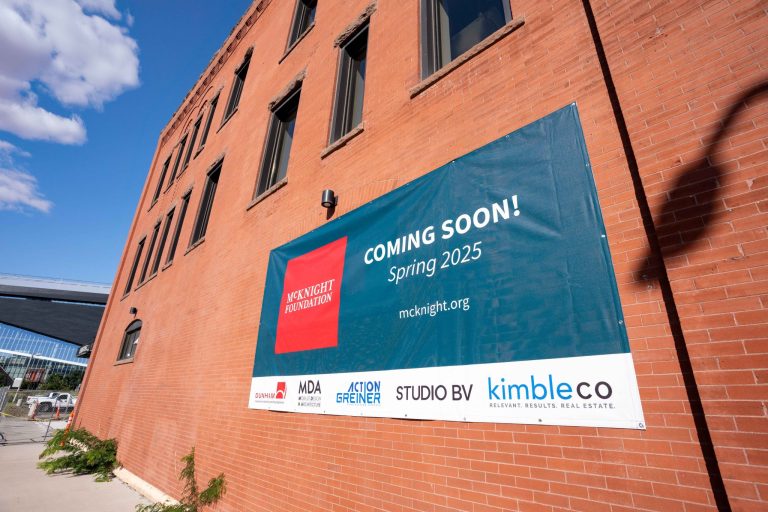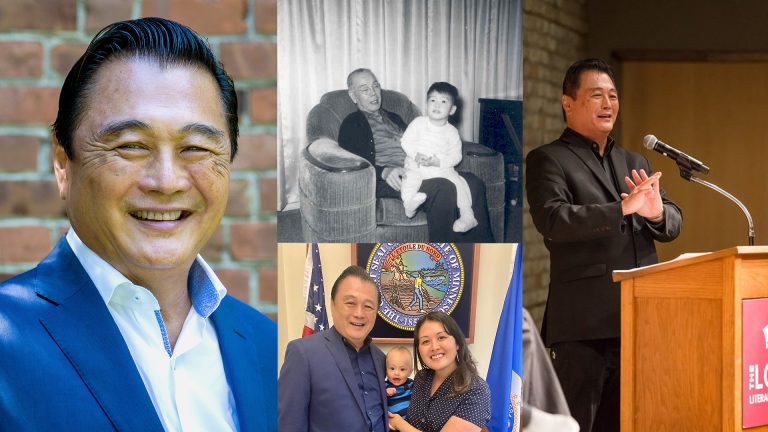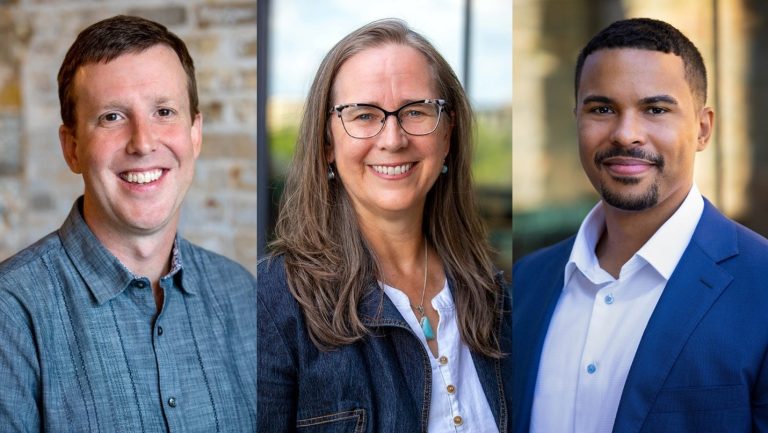McKnight Foundation president Tonya Allen spoke to Chanda Smith Baker on the podcast Conversations with Chanda. She shared her personal story, as well as views on power and how philanthropy can meet this historic moment by centering reparative justice. Here are a few highlights:
1. “Character makes you crumble, not power.”
Many people view power as corrupting, but Tonya challenges that notion and encourages us not to shy away from using our personal, institutional, and collective power to create equitable and meaningful change.
2. “What most people think is bold is probably necessary, so it doesn’t feel risky… it feels like a fundamental building block to get to change."
From climate change to racial justice, the challenges we face today require bold and imaginative solutions. Tonya discusses why she’s about why she’s embraced being a risk-taker and the importance of being comfortable with the uncomfortable in the journey toward greater social equity.
3. “Philanthropy is the love of people.”
Tonya was introduced to the concept of philanthropy by her grandmother, who welcomed neighbors into her home when they faced hardships and demonstrated how it’s our collective responsibility to love and care for our communities.
4. “We know that the people who are most vulnerable get hit the hardest, then why aren’t our solutions, actually, reparative – not just equal?”
Philanthropy can help create the conditions for greater equity, but it will require the sector to become more innovative. Social inequities, like the racial wealth gap, decrease when philanthropy invests directly in people and in communities.
5. “How am I knocking down as many barriers as possible so that people can create stepping stones?”
Tonya shares what motivated her to work in philanthropy and how, to her, it’s not about the money – it’s about using our institutional privilege to create the enabling conditions for change. She encourages foundations to go outside their comfort zones, blend the lines between philanthropy and community, and organize those outside the nonprofit sector to find durable solutions.
6. “We’re being forced as a country to face this issue around race, but we only have a short window.”
While discussing the racial reckoning and civil unrest in Minneapolis and Saint Paul, Tonya reflects on her work in Detroit during the Great Recession and stresses that we have a window of opportunity to make transformative change – but it’s closing quickly. She urges us to hold business leaders, foundations, and lawmakers accountable to the commitments they made.
7. “We don’t need allies in the closet.”
Tonya reminds us that it’s hard to deconstruct systems you didn’t create and that white people need to “do the work.” Building a more just and equitable Minnesota can’t just fall to Black and brown people. White people need to learn, read, and get a fuller understanding of the history and trauma of race in this country and act in the moments when it matters most.



